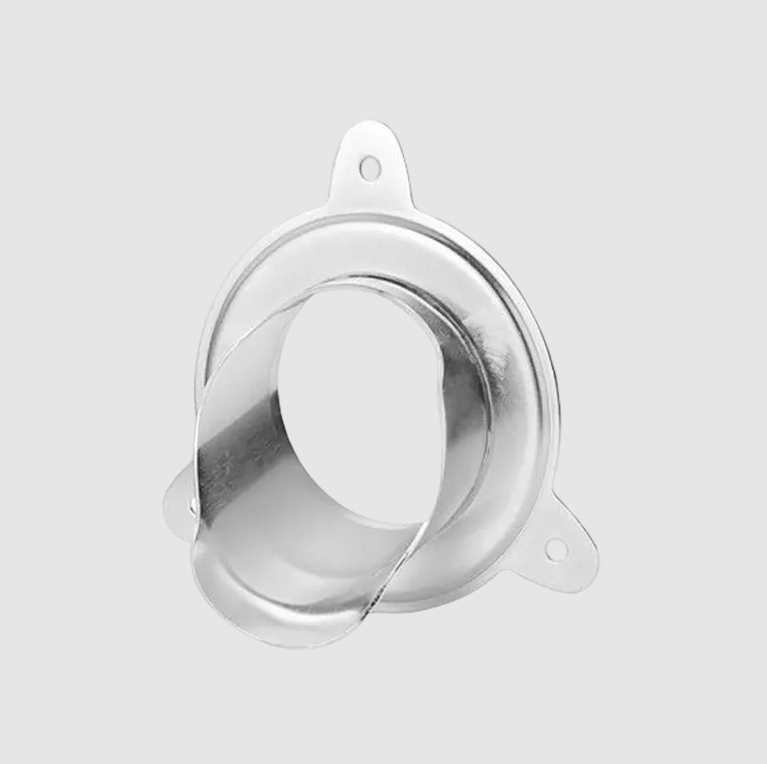Introduction to Rain Gutter Materials
Rain gutters are essential for protecting buildings from water damage by efficiently directing rainfall away from roofs and foundations. Among common materials, stainless steel, PVC, and aluminum each offer unique advantages and drawbacks. The Stainless Steel Rain Gutter Factory emphasizes high-quality fabrication, corrosion resistance, and structural strength, but understanding the differences between materials helps designers, architects, and homeowners make informed choices.
Durability and Corrosion Resistance
Stainless steel gutters are highly resistant to corrosion, rust, and UV damage. They maintain structural integrity over decades, even in harsh weather conditions, making them ideal for regions with heavy rainfall, snow, or salty coastal air. PVC gutters are lightweight and corrosion-resistant but can become brittle over time, especially under prolonged UV exposure. Aluminum offers good corrosion resistance but may dent or warp under impact. The long-term durability of stainless steel provides a clear advantage in longevity, which is why the Stainless Steel Rain Gutter Factory prioritizes quality material selection in production.
Strength and Load-Bearing Capacity
One of the main benefits of stainless steel is its strength. It can support heavy rainfall, ice, and snow accumulation without bending or sagging. Aluminum is lighter but less strong, making it susceptible to deformation under heavy loads. PVC is the weakest in terms of load-bearing capacity, often requiring additional brackets or supports for stability. The robustness of stainless steel gutters ensures consistent performance even in extreme weather events, reducing maintenance frequency and preventing structural damage over time.
Maintenance Requirements
Maintenance varies significantly between materials. Stainless steel gutters require minimal upkeep due to their corrosion resistance and smooth surface, which prevents debris accumulation. PVC gutters are easier to clean but may crack or discolor over time, requiring replacement. Aluminum gutters can accumulate dents and scratches that may affect water flow and appearance. The Stainless Steel Rain Gutter Factory highlights that proper installation and occasional cleaning are generally sufficient to maintain stainless steel gutters in optimal condition for decades.
Aesthetic Considerations
Aesthetic appeal is another factor influencing material choice. Stainless steel offers a sleek, modern appearance and can be finished in brushed, polished, or matte textures to complement various architectural styles. Aluminum can be painted in different colors, offering design flexibility, while PVC is typically limited to white or neutral tones. Stainless steel provides a premium look that retains its elegance over time, making it a preferred option for high-end residential or commercial projects.
Cost and Installation
Cost is often the primary disadvantage of stainless steel. It is more expensive than PVC or aluminum due to material quality and fabrication processes. Installation can also be more labor-intensive because of its weight and the need for precise joining. PVC and aluminum gutters are generally more affordable and easier to install, appealing to budget-conscious projects. Despite the higher upfront cost, the longevity and low maintenance requirements of stainless steel can result in lower total life-cycle expenses, an important consideration promoted by the Stainless Steel Rain Gutter Factory.
Environmental Impact
Stainless steel is fully recyclable and has a long service life, reducing environmental impact. Aluminum is also recyclable but requires energy-intensive production, while PVC is less environmentally friendly due to its limited recyclability and chemical additives. For projects emphasizing sustainability, stainless steel often provides the most responsible choice.
Conclusion
Compared to PVC and aluminum, stainless steel gutters offer superior durability, strength, aesthetic appeal, and low maintenance, while being fully recyclable. The primary drawbacks are higher cost and more challenging installation. The Stainless Steel Rain Gutter Factory highlights that for long-term performance, structural reliability, and premium appearance, stainless steel remains a leading choice for residential and commercial applications, despite its higher initial investment. Understanding these trade-offs allows architects and builders to select the most suitable gutter material for specific project requirements.
Item No.:SZ901
Size in mm:120 mm 4 inch
Material:AISI201 / AISI304
Thickness:2.0mm / 2.5mm
Surface treatment: Chrome plated
Customization size is accepted by custom-made.
Packing details1pc / Polybag / Inner color box / Export outer carton
Guarantee: Warranty 20 years
Certificate: ISO9001:2008
